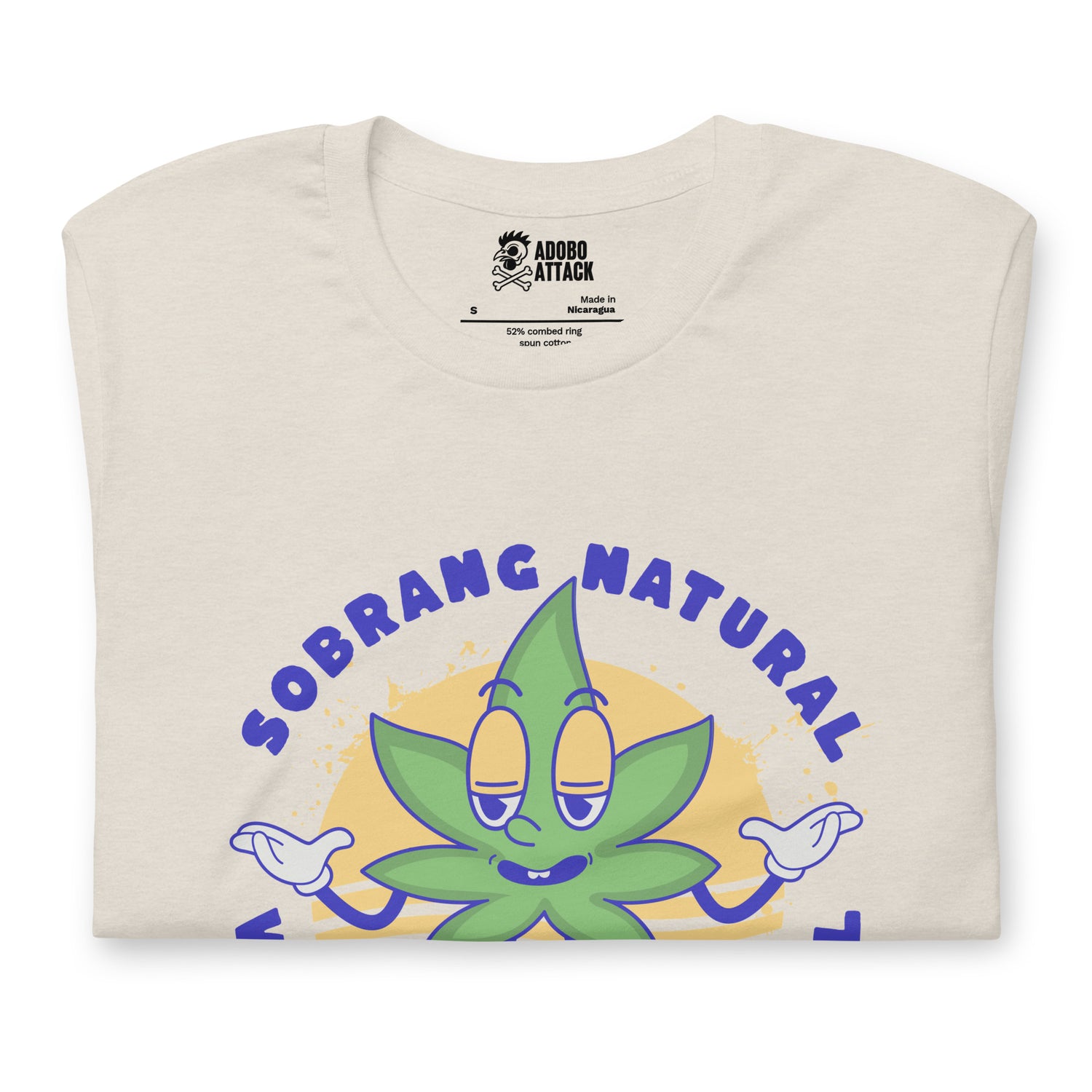Our Story

Embracing Our Roots, One Stereotype at a Time
One of my fondest memories growing up in the Philippines was with my lolo (grandad). Back in the late '80s, when "sabong" (cock fighting) was still at large, my lolo raised champion roosters of different breeds. I remember the cages he made out of bamboo and the cutting of the crown to make the roosters more handsome—although... in hindsight, I think it was a defensive measure to prevent opponents from having something to peck and grab on to.
One time, my lolo took me to Angeles Stadium for a bout he entered one of his roosters in. The rules for cock fighting were simple: fight to the death or until incapacitated. To the victor a portion of the takings and homemade Adobong Manok. To the loser... they became the main event in the recipe. Hence our name: "Adobo Attack". And I think at the crux of it all, this statement is true for all OFW (Overseas Filipino Worker) and Filipino immigrants in a new country. Equipped with our hospitality, humble nature, determination and infectious joy for life, we flourish in any environment. We need to. For ourselves and for our families. We have to live life, attack life or we become adobo.
Fast forward 33 years, and here I am, having migrated to New Zealand with nanay (mum) and tatay (dad), and now 12 years in Melbourne, Australia. Despite having an extended family and non-blood-related pinsan (cousins), titas and titos (aunties and uncles) to support you, living in New Zealand and Australia never felt quite right. There was always something missing. Many of my friends (Filipinos and half-castes alike) share this sentiment of an identity crisis. This hit home hard recently when I visited the Philippines for Christmas with my youngest brother - his first time back in over 12 years! Driving through Clark from the airport, my brother was in an awe of disbelief. Holding back the twinkle in his eyes, beaming with long-lost patriotism, he said; "I can't believe I'm here; this feels so right. This feels like home."
At Adobo Attack, we want to celebrate the Filipino stereotypes and experiences we grew up with. Whether improper or inappropriate, for some of us it's these stereotypes that we embrace and that which our parents embodied that kept us close to our culture. For many of us living abroad (particularly the first immigrants and second generation) it's these experiences that keep our heart strings securely tethered to our "Lupang Hinirang" - home in the Philippines.
Mga kababayan ko, ipagmalaki natin ang ating pamana. Magdiwang tayo - tayo ay mga Pinoy.



